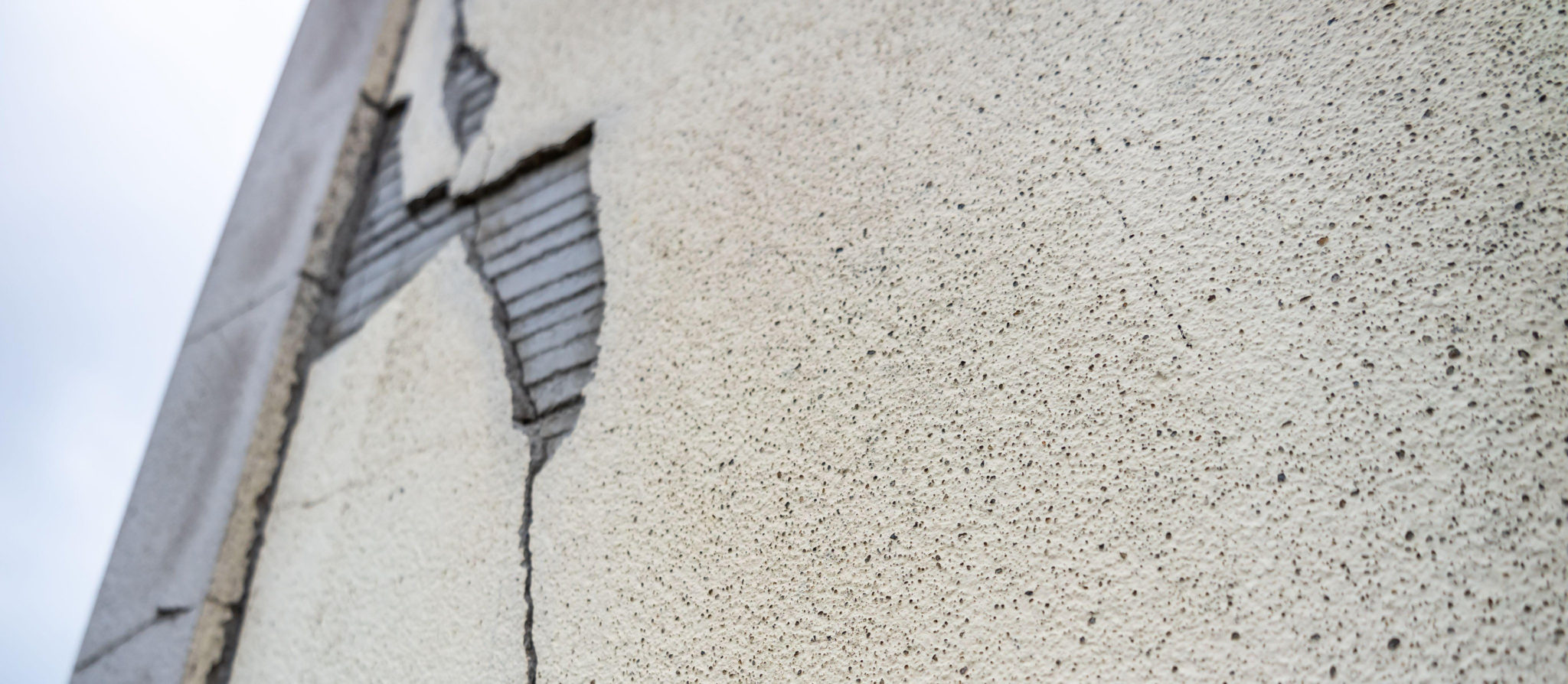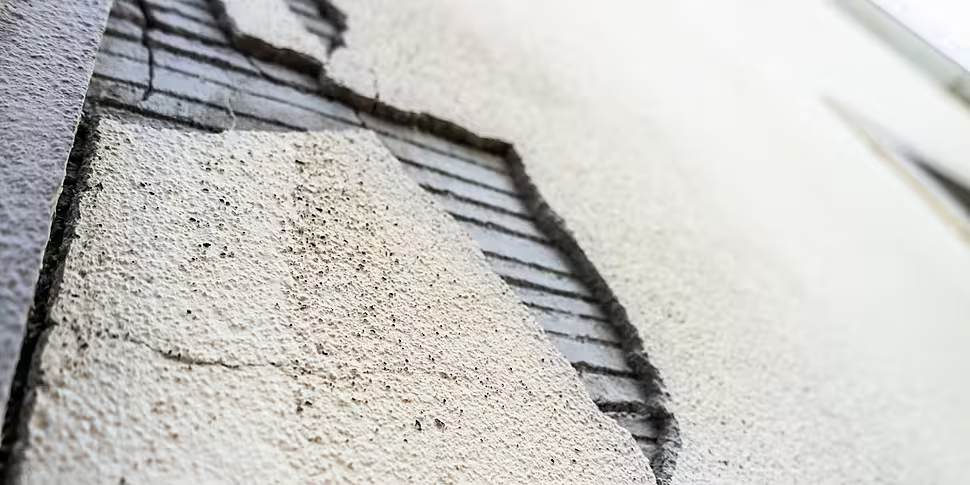Only 12% of new buildings are inspected by local authorities, putting people at risk.
That’s according to the new President of the Society of Chartered Surveyors Ireland (SCSI), who warned building regulations in Ireland need a “cultural shift”.
According to the SCSI, local authorities are required to inspect just 12 to 15% of new buildings.
SCSI President Kevin Hollingsworth said there needs to be a new proactive approach by local authorities, backed by exchequer funding.
“It's common sense that that amount of inspection should be greatly increased to reduce the liability to the Government,” he said.
He said the “lack of oversight” has resulted in costs between €5 to €7 billion due to mica, pyrite and "legacy defects” in buildings.
In contrast, in 2023 local authorities spent just €20 million on enforcing building control regulations.
Building defects
Mr Hollingsworth said thousands of Irish people are dealing with the financial costs of long-term defects such as mica.
“[Inspection] figures should be much higher to protect the citizens of Ireland,” he said.
Modern Methods of Construction (MMCs) speed up the construction process and reduce costs, but also increase the risk of reduced quality.
MMCs generally refer to construction that takes place in a factory setting rather than on-site.
According to figures from the SCSI, inspection figures in Co Mayo and Co Sligo were just 7% and 11% respectively on new builds in 2022.
Some 80% of new builds in Dublin were inspected, on the other hand.
 A mica-affected home in County Donegal. Image: Barry Whyte/Newstalk
A mica-affected home in County Donegal. Image: Barry Whyte/NewstalkThe EU recommended 100% redress to those affected by mica pyrite following a report from the European Parliament which saw eight MEPs travel to County Donegal to engage with local authorities, residents, campaigners and experts.
The report on the defective blocks crisis said that "preferably a new scheme should be devised that delivers 100% redress".
It pointed to a process like the Pyrite Remediation Scheme, overseen by a board similar to the Pyrite Resolution Board and delivered by the Housing Agency.
It also said there should be "more flexibility" to take account of the financial burden of all the costs, such as the cost for new foundations, provisional accommodation and rental costs.
Four 100% Redress candidates were elected in local elections in Donegal.









